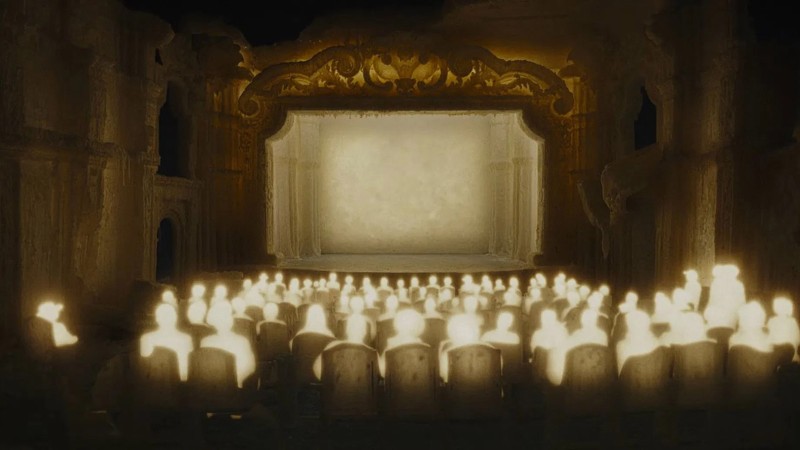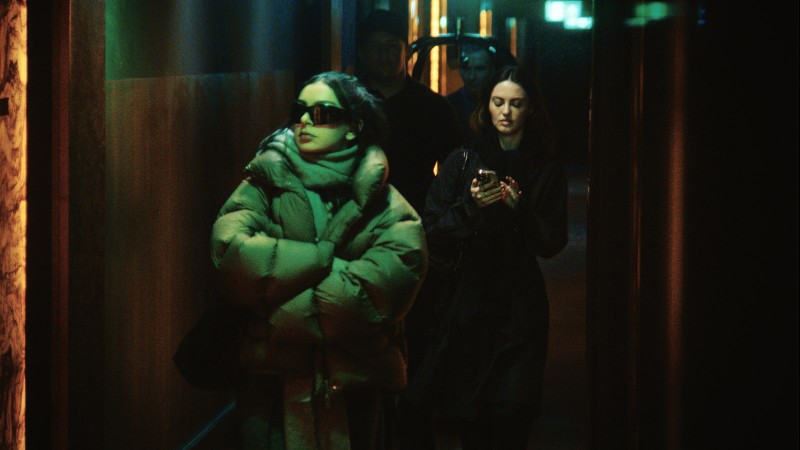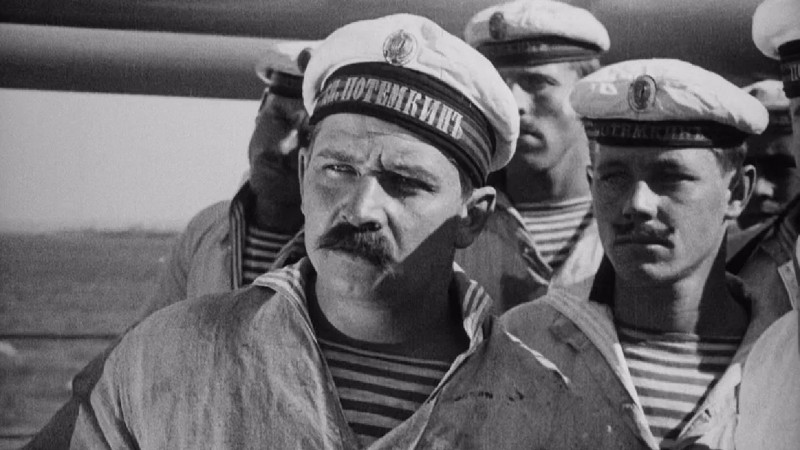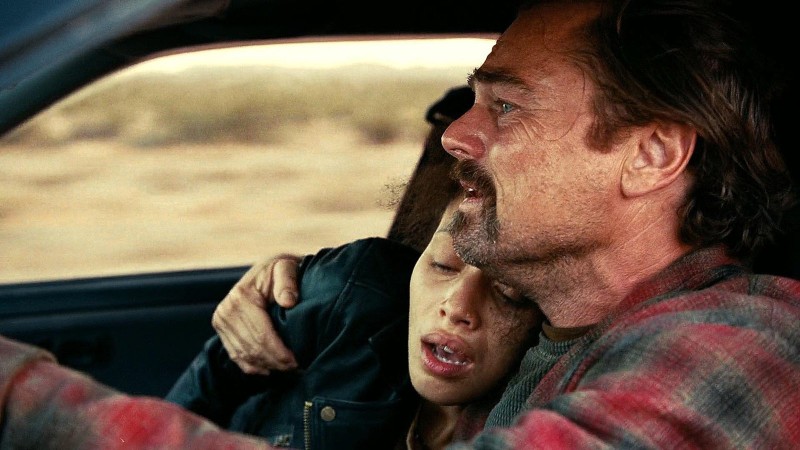American Identities

Two programs of films made in Portugal from the 1960s through the 2010s trace a tumultuous history from the waning years of António Salazar’s authoritarian regime through its overthrow during the Carnation Revolution of 1974 to the establishment of a democratic republic and the subsequent decolonization of the country’s overseas territories. António Campos and the Promise of Cinema Novo, opening today and running through November 3 at the Harvard Film Archive, focuses on the impact of a filmmaker whom programmer Haden Guest calls a “pioneer of ethnofiction who set out to capture the lives, traditions, and imagination of rural Portugal in a body of work that now seems prescient in its formal rigor and poetry.”
- In an outstanding profile for the Notebook, Saffron Maeve traces the life and career of Bette Gordon (Variety, Luminous Motion, Handsome Harry), from attending Leonard Bernstein concerts as a child through her years with James Benning to the making of each of her films. “Gordon’s thematic concerns have shifted and evolved,” writes Maeve, “but they are firmly rooted in an American temperament—a desire to disrupt existing film codes in order to interrogate issues of national character, sex, war, and surveillance, in keeping with no wave and structural film practices. She feels not at all simpatico with the ‘quintessential American independent film codified and branded by festivals,’ but American localities are embedded in her practice; they organize a career spent becoming—and resisting the title of—an ‘American filmmaker.’”
- Life Dances On: Robert Frank in Dialogue is the first solo exhibition of work by the photographer (The Americans) and filmmaker (Pull My Daisy) at MoMA. On view through January 11, it’s presented in conjunction with Robert Frank’s Scrapbook Footage, a collection of moving images discovered after Frank’s death in 2019, and from November 20 through December 11, MoMA will present The Complete Robert Frank: Films and Videos, 1959–2017. Reviewing Life Dances On in the New York Times, Arthur Lubow “had the provincial temerity to claim that Frank’s ‘genius as a photographer did not carry over to filmmaking,’” notes Carlos Valladares in Art in America. “But how can this be, when everything Frank did was a movie? Whether the image was still or moving, Frank thought with and through film by organizing his practice, as early as The Americans, around the principle of montage: this, plus that, makes a fresh other.”
- “After the interior voyages, the pathos, and speculative power of his narrative triptychs It’s Such a Beautiful Day (2012) and World of Tomorrow (2015–20), Don Hertzfeldt’s non-verbal musical short ME rebounds into the cacophonous socio-cosmic satire of his similar-length fantasia The Meaning of Life (2005),” writes Nick Bradshaw for Sight and Sound. “Its wordlessness is pointed: this is a film about communication breakdown and its upshots—solipsism, abandonment, blight, fascism—set in a contemporary landscape of high tech and low morality. Hertzfeldt’s signature line figures (bean-shaped here) speak in emoji if at all and the film, too, is his most coded, gnomic and perhaps intuitive; both on the nose and deeply cryptic.” Hertzfeldt’s films are “rooted in the dissonance between the epic scope of human feeling and the sketch-like smallness of human existence,” writes IndieWire’s David Ehrlich, and for Zach Lewis at In Review Online, Hertzfeldt remains “this generation’s paragon animator.”
- Alfonso Cuarón’s seven-episode Disclaimer stars Cate Blanchett as a renowned documentarian threatened with utter ruin. For Vanity Fair’s Richard Lawson, the series’ “emotional arithmetic is just right: heightened to near melodrama while also dreadfully credible.” Document Journal has brought Cuarón and Blanchett together again for a conversation about audiences’ expectations, tangled narratives, and what excites both of them about long takes. “The way I film is not unlike how you approach performances,” Cuarón tells Blanchett. “Your performance is so much about what you’re not seeing. You’re performing, you’re doing something, but the important thing is about what you don’t see.”
- This week marks the thirtieth anniversary of the release of Quentin Tarantino’s second feature, and in the Guardian, Scott Tobias writes that “there’s a swagger to Pulp Fiction that makes you believe Tarantino, a true moviemaking savant, could see the film’s future laid out in front of him—the Palme d’Or, the screenplay Oscar, the crossover into a genuine pop culture phenomenon.” For Variety, Todd Gilchrist has spoken with more than twenty cast and crew members to put together a walloping two-part oral history of the film’s making, release, and legacy.



